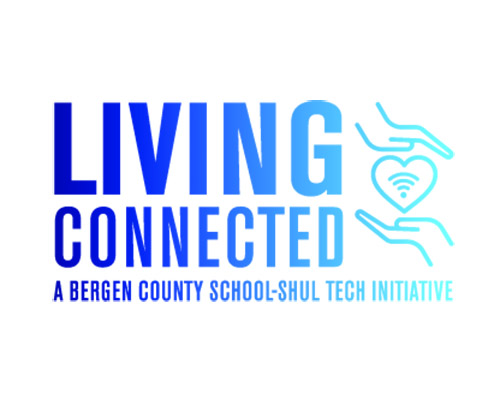
I think most people would agree that technology is an essential part of modern life. In this century, it is impossible to ignore. Whether we’re at school or work, or even just taking a walk, technology surrounds us. The question is: Do we need it, and how does it affect us? Would we be healthier without it? Would we be safer? Would we be more present in our own lives, or just more isolated? Does technology give us more than it takes away, and how can we decide?
The cons of technology are many. It can be unhealthy for us. Using it too often can cause depression, anxiety, social problems and sleep deprivation. Hateful and cruel images or messages online can impact a person’s mental health. Many online photos are edited, displaying an impossible standard of beauty. Understanding the difference between how people look in real life and what is presented online is hard, especially for teenagers and children. Their body image may be damaged by these unrealistic expectations. There is also an entire world online that can, at worst, prevent people from taking part in the real world. Being present and interacting with the world around us is a big part of being human. We learn from others and get satisfaction from our in-person relationships.
That’s why too much time online can interfere with our growth and interpersonal skills. For some, hiding behind a screen allows them to behave in inappropriate ways. Anonymous accounts create the sense that we can say anything with no fear of consequences. In the real world, social skills include knowing when to tell others our opinions and how to voice them kindly and respectfully. Additionally, time dedicated to socializing with real people proves to be beneficial to our mental health. Dr. Craig Sawchuk, a Mayo Clinic psychologist, said, “We are social animals by nature, so we tend to function better when we’re in a community and being around others.” He says we don’t need to be very social to reap the benefits of being with others. Whether someone is introverted or extroverted, they still benefit from human contact and in-person social interaction.
Technology also might be harmful because of the way it can disturb sleep. Regular high-quality sleep is critical to human functioning. If disrupted, results include sluggishness, feelings of anxiety and trouble focusing. Studies show that using technology before bed negatively affects how you sleep. As reported by the Sleep Health Foundation, the bright light of any technology delays the release of melatonin, the sleep hormone, after less than two hours of screen time. Exposure to bright light causes your brain waves to be more alert and keeps you awake. Putting electronics away before bed and sticking to a routine helps combat the effects of bright light throughout the day.
Perhaps one of technology’s biggest impacts is on brain chemistry. There’s no better feeling than getting a text from a loved one or beating a level in a video game. The burst of euphoria we get when something exciting happens is called a dopamine rush. Dopamine motivates people to seek out different things so we can get a chemical reaction through the brain’s opioid system, causing us to feel pleasure. It can result in something called a dopamine-driven feedback loop. People seek things out just to feel pleasure, triggering the loop. Social media provides people with an easy opportunity to create a dopamine feedback loop—in fact, the system is designed for it. Social media platforms are intended to keep people coming back for more, and dopamine is the easy way to do that. Creating content on social media keeps people on edge while waiting for responses and rewards them with likes and shares. Once we get into the loop, it’s hard to stop. There is no safety mechanism built into the system to prevent overuse.
Having said all that, modern technology has many benefits as well. According to Jack Turner, who has been writing about technology for over a decade, different advances in technology involving communication, work, shopping, health and access to information help improve our lives. With technology, we can communicate with people all around the world. We can keep in touch with family members and friends. Calling and texting help people talk to each other. Our healthy need to socialize and be a part of a group can partly be met via online communities. This is particularly impactful for people with disabilities who may have a harder time leaving their homes.
COVID restrictions provide another example of the way in which online interactions allowed us to maintain healthy lives. We arranged work meetings and did our jobs online, went to school, saw friends, and shopped for food even when in-person group activities were dangerous. Without technology, the world would truly have shut down over the past few years.
The conversation about the healthy use of technology is ongoing. Most likely, a one-size-fits-all answer is impossible. Whether technology is improving our lives or creating problems depends on our individual needs and behavior. Generally speaking, technology seems to be most beneficial when used in moderation, with clear goals and socially appropriate interactions. The prevalence of online activity in modern society can make moderating our behavior challenging, but the negative side effects of overuse and misuse should remind us to be careful in how we engage with this complex medium.
Sion Cohen is an 11th grader at The Idea School, a Modern Orthodox, project-based learning high school in Tenafly, New Jersey.










